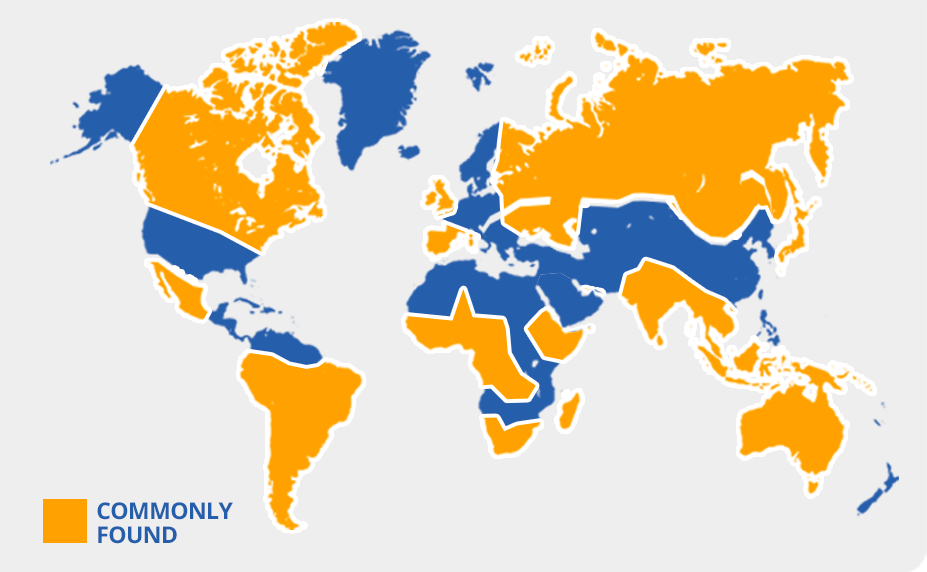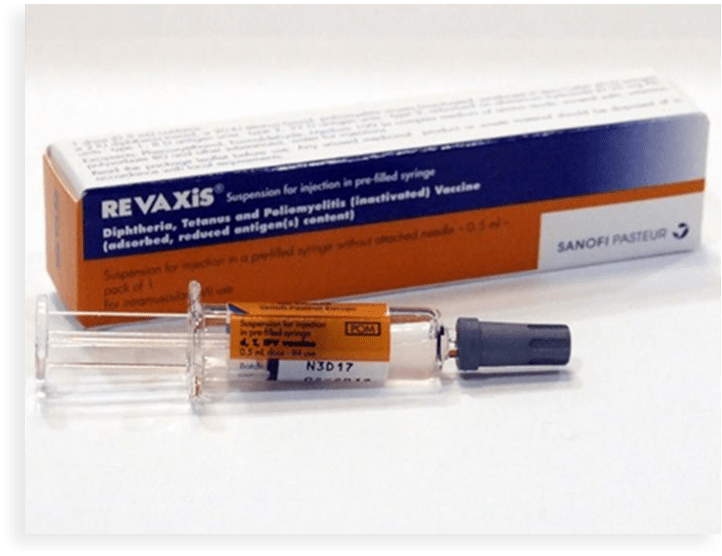- hayshine.pharmacy@nhs.net
- 0208 303 3616
- 54 Wrotham Rd, Welling DA16 1LN
Home » Vaccination Hub » Polio
Polio is a vaccine-preventable disease caused by a toxin produced by bacteria. Diphtheria spores can be found in soil throughout the world.
Young adults in the UK are normally vaccinated at the age of 16, the vaccination lasts 10 years so often vaccination is not required until the age of 26. Mothers with children under 10 years old are often vaccinated with the Whooping cough vaccine which is combined with tetanus so may also be protected.
The disease is acquired when material containing spores, such as soil, contaminates a wound. The toxin released from the bacteria may then attack the nerves of the brain and spinal cord. Tetanus is not spread by person to person contact.

Here are three symptoms to help recognise the disease
Polio is a viral disease caused by the poliovirus that spreads easily from person to person, primarily through contact with infected fecal matter. Poor sanitation and hygiene practices, such as not washing hands properly, can contribute to the spread of the disease.
While the polio vaccine has led to a dramatic reduction in cases worldwide, people with weakened immune systems remain at higher risk of contracting the disease. The virus can also be transmitted through coughing or sneezing, although this is less common. Polio has been a significant public health concern, causing paralysis and in severe cases, death. Eradication efforts are ongoing, and prevention through vaccination and good hygiene practices remains critical in the fight against polio.

Diphtheria will be provided as part of the tetanus vaccines, Diphtheria is an acute respiratory bacterial infection. This is a serious infection with a high mortality rate, even in Western Europe. The disease is mainly transmitted by tiny, aerosolised droplets from the nose or throat normally spread by coughing or sneezing.
*Average cost
Our specialist pharmacists ready to help you stay healthy, whether at home or away.
Come and visit us for some friendly advice, or give us a call on 020 8303 3616.
1033021
Matthew Clent
Matthew Clent

Please bear with us whilst we make some major changes to our website – you may find some links, buttons and other elements not displaying correctly. Please visit our homepage by clicking the buttons below for more information.